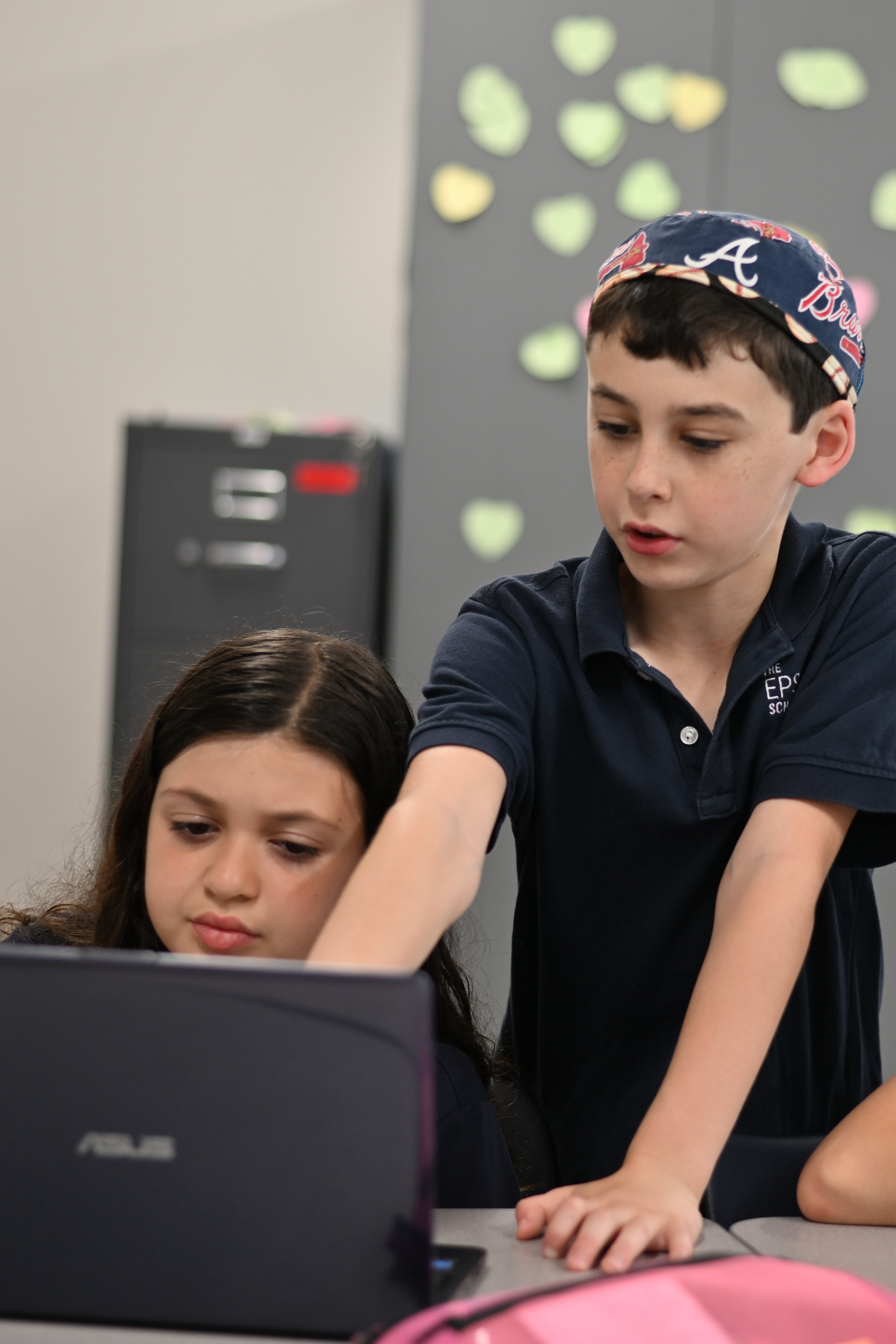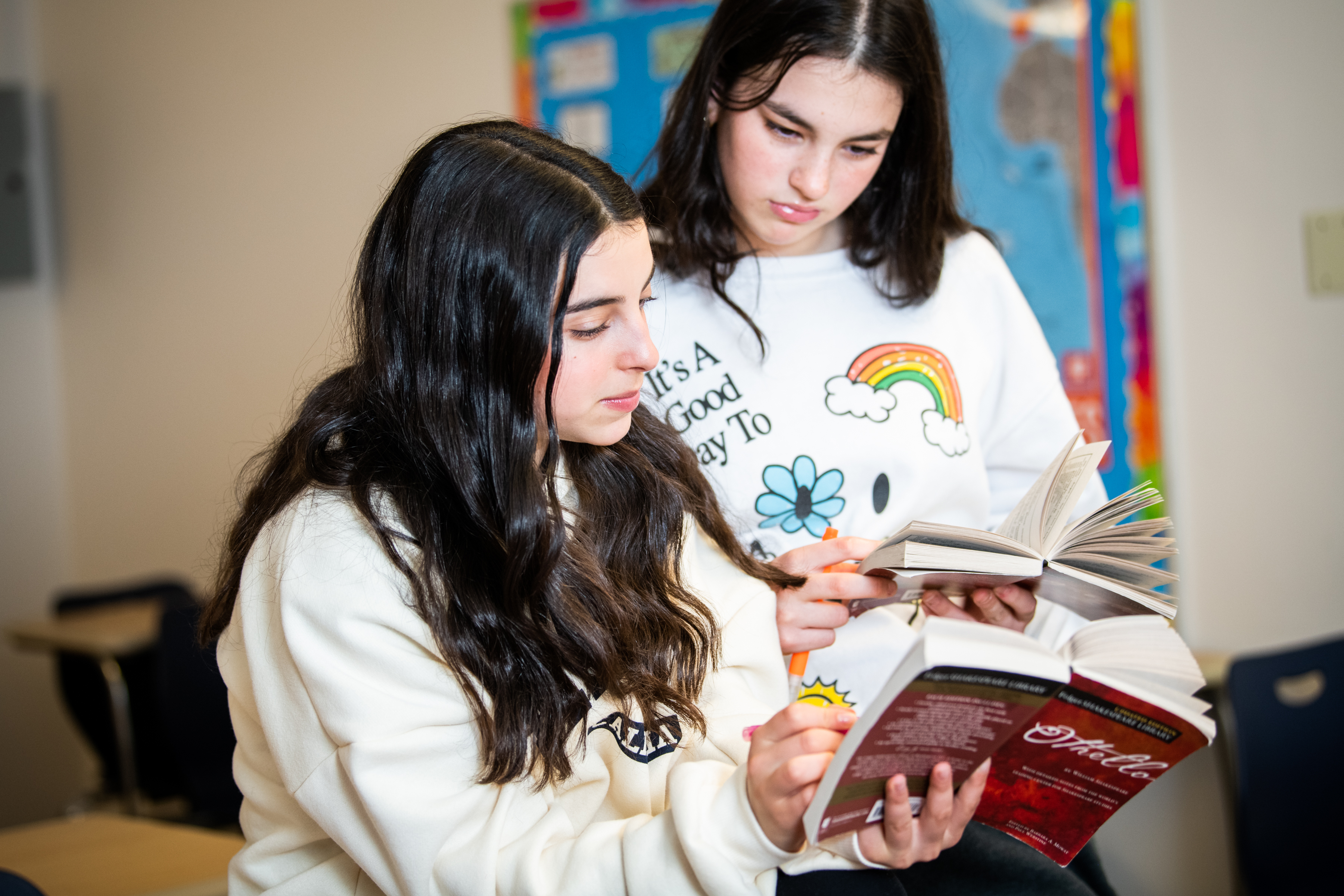From early childhood through high school, schools introduce students to professionals and professions. Whether it is a dentist who teaches preschoolers how to brush their teeth, a high-tech entrepreneur who explains his discovery as part of a STEM program or an author who give a book talk to students, by highlighting careers schools make an implicit statement of the value of certain professions. Similarly, middle and high schools create clubs and internship or volunteer experiences to respond to students’ interests but also to promote skills and careers with which students will engage.
As I regularly receive impassioned pleas from Jewish educational leaders for qualified and inspiring educators, I cannot help but experience career envy. Schools and career guidance/advisement professionals may think that since students are exposed to those in the teaching careers every day, they see what teachers do. However, they do not have the opportunity to see inside the profession and to hear about the rewards and fulfillment it offers.
Additionally, by omitting education from career nights and internships, what message are schools sending about career choices? How might we elevate the teaching profession and give students a real opportunity to consider the career path that is perhaps the most critical for the growth of the Jewish people?
Choosing a Career
There are multiple theories about how career choices are made. There is the popular notion that if you see it, you can be it. Certainly, all students see teachers, and many may even see teachers that are culturally similar to them, though there are exceptions, especially in Jewish studies. Having Ashkenazi teachers for Sephardi students and vice versa may limit students’ identification with the teacher and the career. A similar challenge may occur when Jewish studies are provided by educators whose religious observance is considerably different from that of their students. Gender is equally important, especially for women who need to see Jewish women as Torah scholars and Torah educators.








